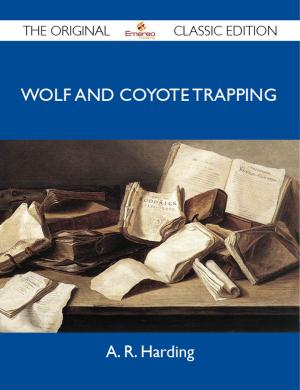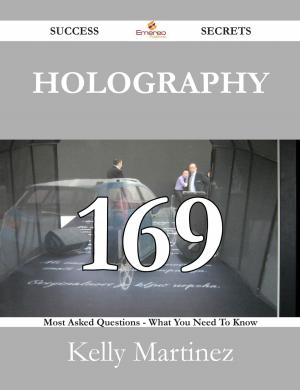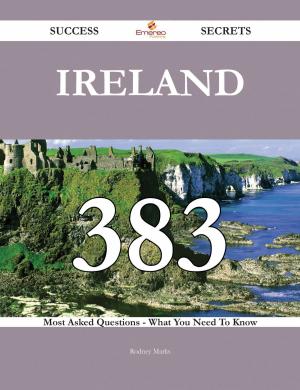King Arthur in Cornwall - The Original Classic Edition
Nonfiction, Reference & Language, Reference, Fiction & Literature| Author: | W. Howship (William Howship) Dickinson | ISBN: | 9781486494125 |
| Publisher: | Emereo Publishing | Publication: | March 11, 2013 |
| Imprint: | Emereo Publishing | Language: | English |
| Author: | W. Howship (William Howship) Dickinson |
| ISBN: | 9781486494125 |
| Publisher: | Emereo Publishing |
| Publication: | March 11, 2013 |
| Imprint: | Emereo Publishing |
| Language: | English |
Finally available, a high quality book of the original classic edition of King Arthur in Cornwall. It was previously published by other bona fide publishers, and is now, after many years, back in print.
This is a new and freshly published edition of this culturally important work by W. Howship (William Howship) Dickinson, which is now, at last, again available to you.
Get the PDF and EPUB NOW as well. Included in your purchase you have King Arthur in Cornwall in EPUB AND PDF format to read on any tablet, eReader, desktop, laptop or smartphone simultaneous - Get it NOW.
Enjoy this classic work today. These selected paragraphs distill the contents and give you a quick look inside King Arthur in Cornwall:
Look inside the book:
The last battle attributed to Arthur has obtained more prominence than the most famous battles of antiquity, has been connected with its supposed place by geographical particulars, has been enriched with romantic detail, made the subject of poetry, and so much glorified in English literature from Geoffrey to Tennyson, that it seems like sacrilege to hint that the only fight on the Camel of which we have sure information, took place long after Arthur’s death; and that if he and Mordred encountered, as there is reason to believe they did, the place of that event was not Cornwall but Scotland. ...We must either suppose that there were two great battles on the Camel, the earlier of which, in the sixth century, escaped the notice of chroniclers until the twelfth, and then was recovered with ample circumstance and detail by the highly imaginative writer to whom I have referred; or we must suppose that there was only one great battle in this situation; that this was fought in the ninth century; and that between the ninth century and the twelfth it came to be confused with a battle in Scotland in which Arthur was really engaged, and in which he met his death.
Finally available, a high quality book of the original classic edition of King Arthur in Cornwall. It was previously published by other bona fide publishers, and is now, after many years, back in print.
This is a new and freshly published edition of this culturally important work by W. Howship (William Howship) Dickinson, which is now, at last, again available to you.
Get the PDF and EPUB NOW as well. Included in your purchase you have King Arthur in Cornwall in EPUB AND PDF format to read on any tablet, eReader, desktop, laptop or smartphone simultaneous - Get it NOW.
Enjoy this classic work today. These selected paragraphs distill the contents and give you a quick look inside King Arthur in Cornwall:
Look inside the book:
The last battle attributed to Arthur has obtained more prominence than the most famous battles of antiquity, has been connected with its supposed place by geographical particulars, has been enriched with romantic detail, made the subject of poetry, and so much glorified in English literature from Geoffrey to Tennyson, that it seems like sacrilege to hint that the only fight on the Camel of which we have sure information, took place long after Arthur’s death; and that if he and Mordred encountered, as there is reason to believe they did, the place of that event was not Cornwall but Scotland. ...We must either suppose that there were two great battles on the Camel, the earlier of which, in the sixth century, escaped the notice of chroniclers until the twelfth, and then was recovered with ample circumstance and detail by the highly imaginative writer to whom I have referred; or we must suppose that there was only one great battle in this situation; that this was fought in the ninth century; and that between the ninth century and the twelfth it came to be confused with a battle in Scotland in which Arthur was really engaged, and in which he met his death.















